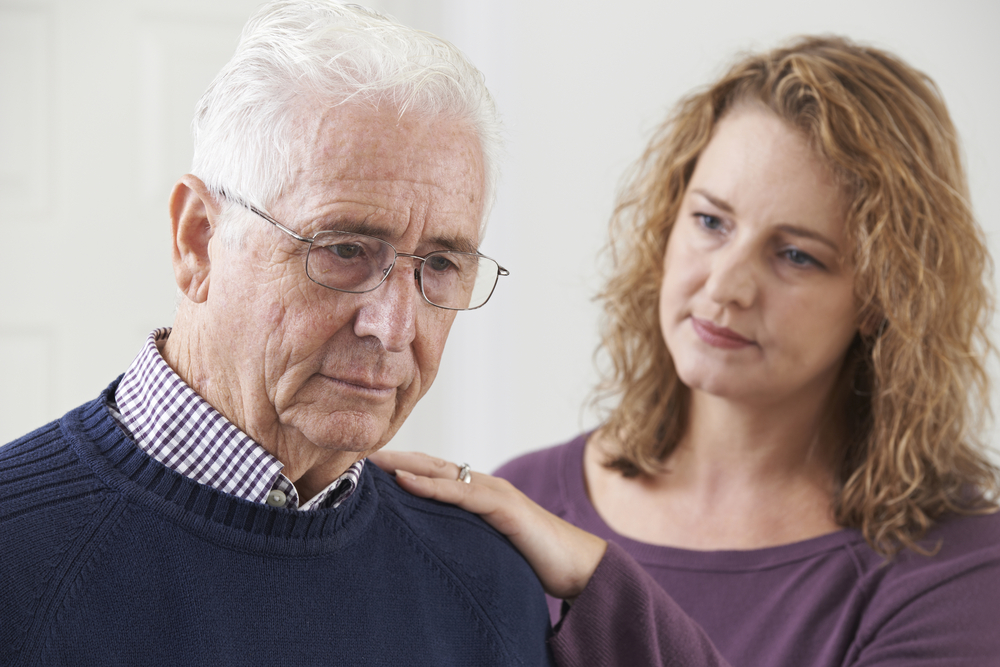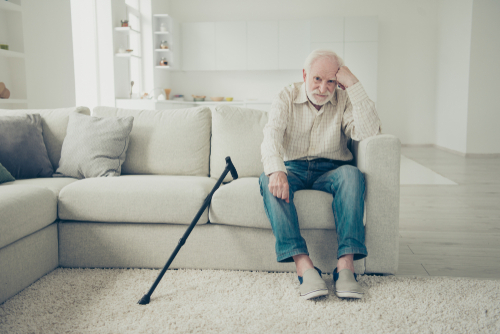Dreaming of the Dead: The Elderly Talking to Dead Relatives During Sleep
Category:

The elderly talking to dead relatives in dreams is not an unusual occurrence. Dreams of dead loved ones can have psychological or spiritual connotations, depending on the situation.
Does Dreaming of the Dead Mean the Dreamer’s Time Has Come?
Hospice nurses Maggie Callanan and Patricia Kelley wrote about the phenomenon known as Nearing Death Awareness in their book, Final Gifts: Understanding the Special Awareness, Needs, and Communications of the Dying. Through their work, they began to recognize signs patients exhibited once they knew death was near.
“Nearing Death Awareness often includes visions of loved ones or spiritual beings, although they don’t necessarily signal death’s imminence,” they wrote.
According to several researchers, these dreams could also be the sign of other factors.
What Does It Mean When You Start Dreaming of Dead Relatives or Friends?
The Spiritual Science Research Foundation found that “30% of the time the reason is psychological and 70% of the time it is spiritual” when it comes to dreaming of dead relatives talking to you. The psychological reasons can include anxiety about the departed relative or feelings of remorse for not spending enough time with them during their living years.
According to the foundation, a dream can be considered spiritual if it recurs at least three times. The loved one may need help in the afterlife or they’re simply trying to send messages to the living. Furthermore, if you are dreaming of a dead friend, it could mean the friend feels closer to you rather than a family member.
It’s up to you to determine the reason behind the dreams or to determine which professionals would be able to help you best.
How Does Dreaming of Dead Loved Ones Change You?
According to a report in Psychology Today, many dreamers can feel a sense of closure after a visit from a dead loved one. Additionally, they may feel strong, positive emotions that change the perspective of the dreamer. This includes a stronger interest in existential questions and a desire to explore spirituality. Even Carl Jung, the founder of analytical psychology, noted his feelings after a visit from his father.
“Six weeks after his death my father appeared to me in a dream,” Jung wrote. “Suddenly he stood before me and said that he was coming back from his holiday. He had made a good recovery and was now coming home. I thought he would be annoyed with me for having moved into his room. But not a bit of it!…It was an unforgettable experience, and it forced me for the first time to think about life after death.”
Subscribe
Date: August 28, 2018
Category:


